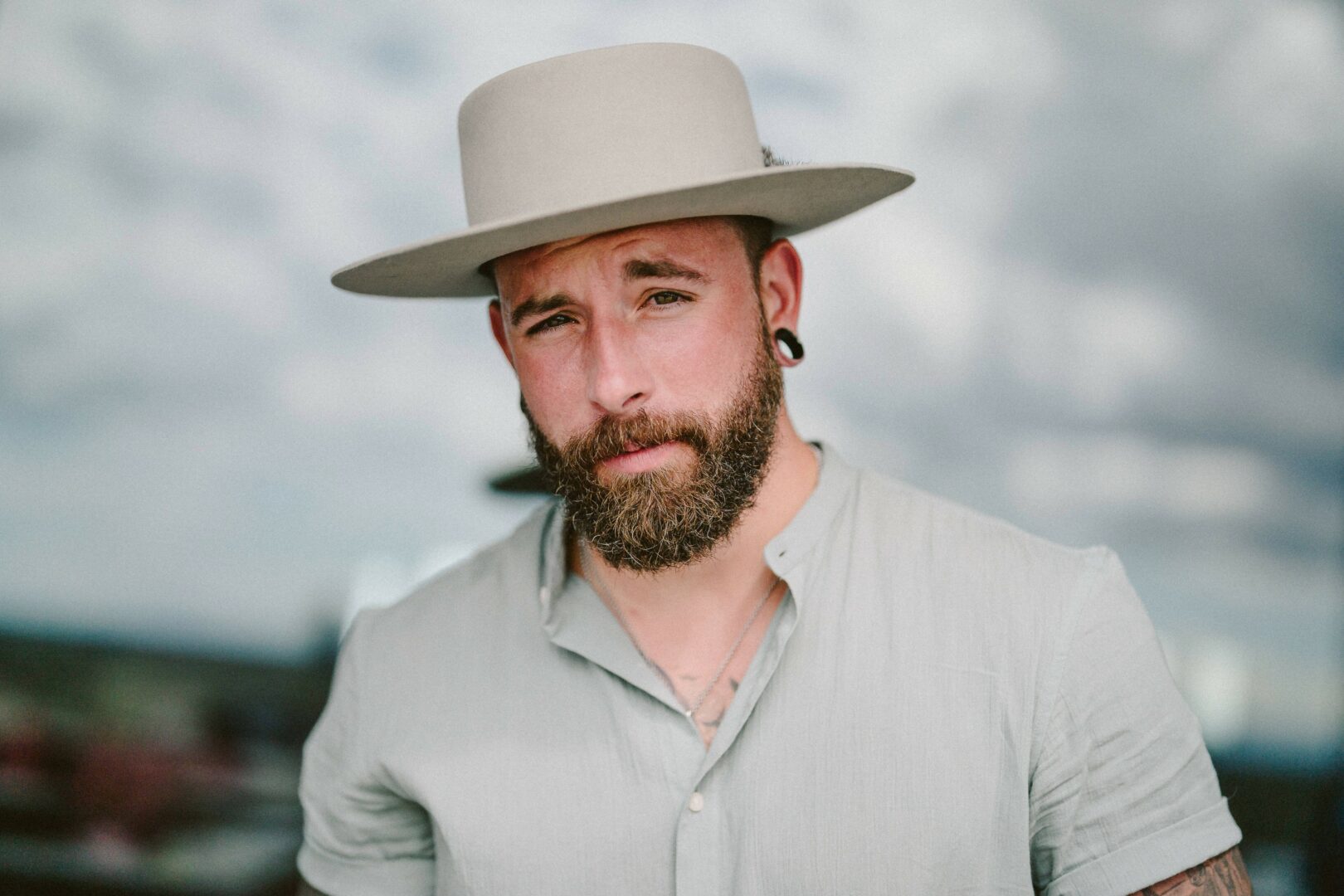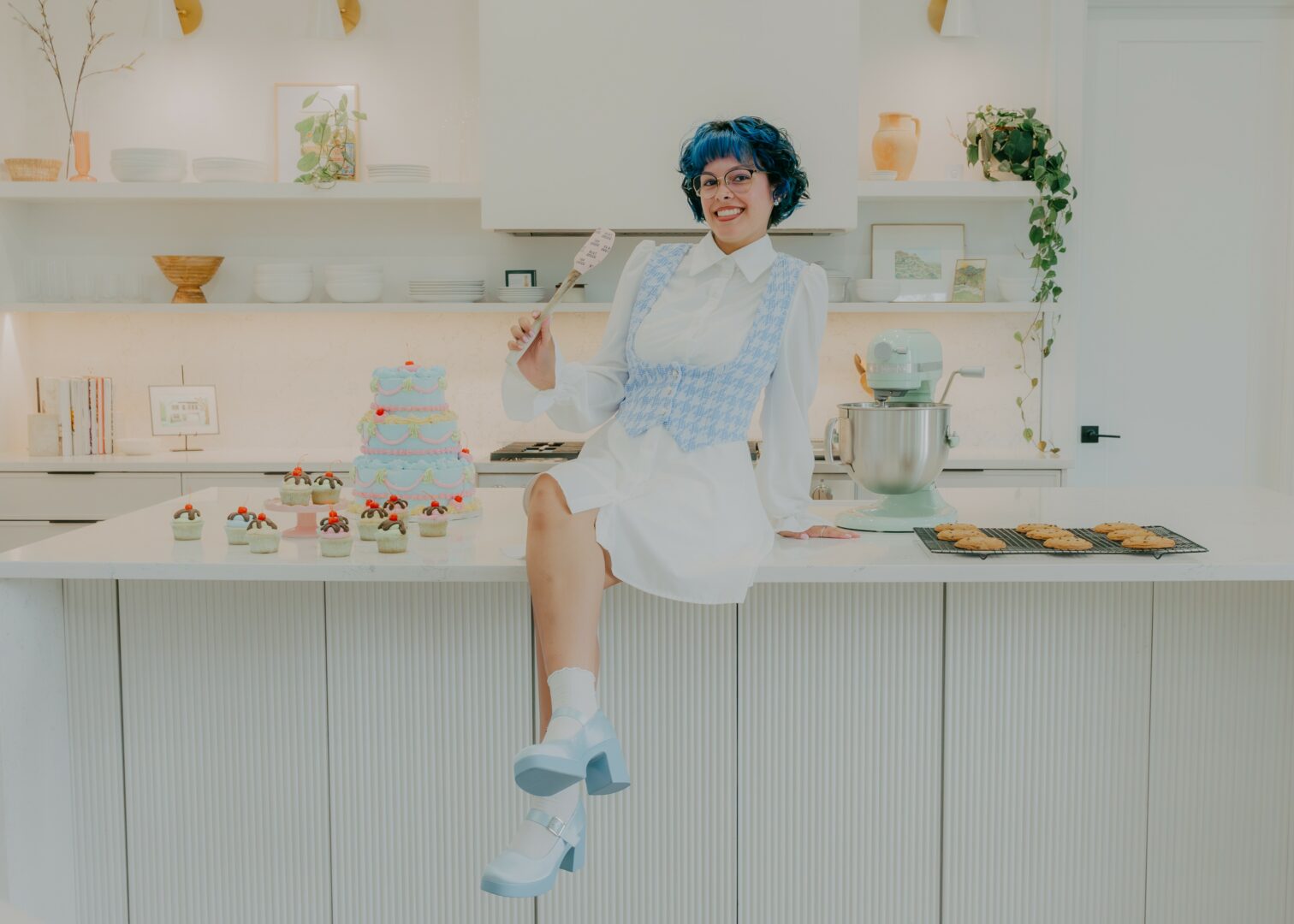Self-doubt and imposter syndrome have stopped far too many talented folks from going for their goals and reaching their true potential. Our hope is to host conversations that inspire folks to overcome imposter syndrome and help others as well.
Alexandra Kazilo
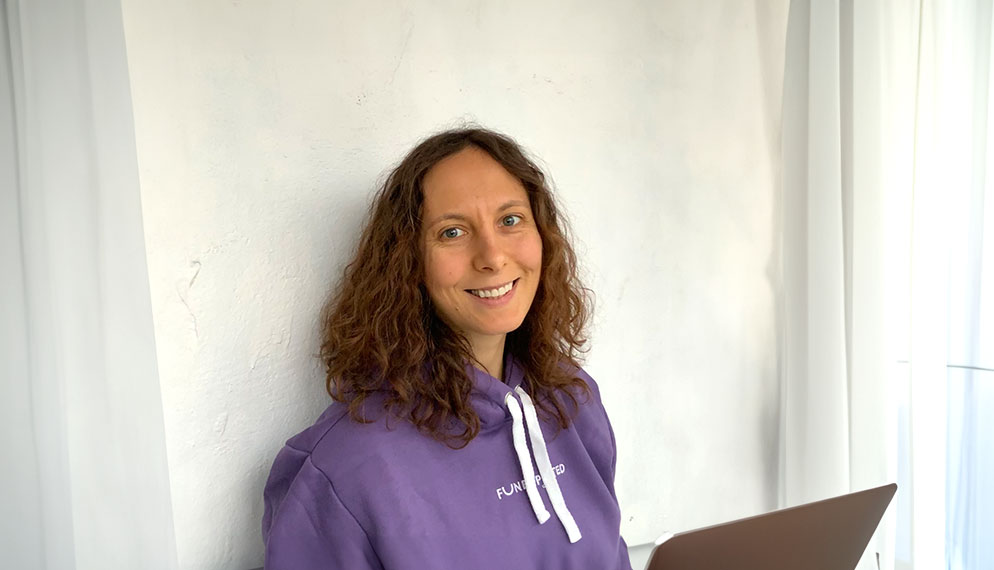
I don’t think I’ve ever fully overcome imposter syndrome—I’ve just learned to live with it. It’s been with me for as long as I can remember. Growing up, I was always a bit of an outlier, doing things people didn’t expect. In elementary school, I loved playing soccer and climbing trees, which wasn’t what girls were typically “supposed” to do. Later, I got into math and was accepted to a math high school for gifted students, where the vibe was pretty clear: “Girls aren’t supposed to be as good at math as boys.” Read more>>
Brittany Danielle
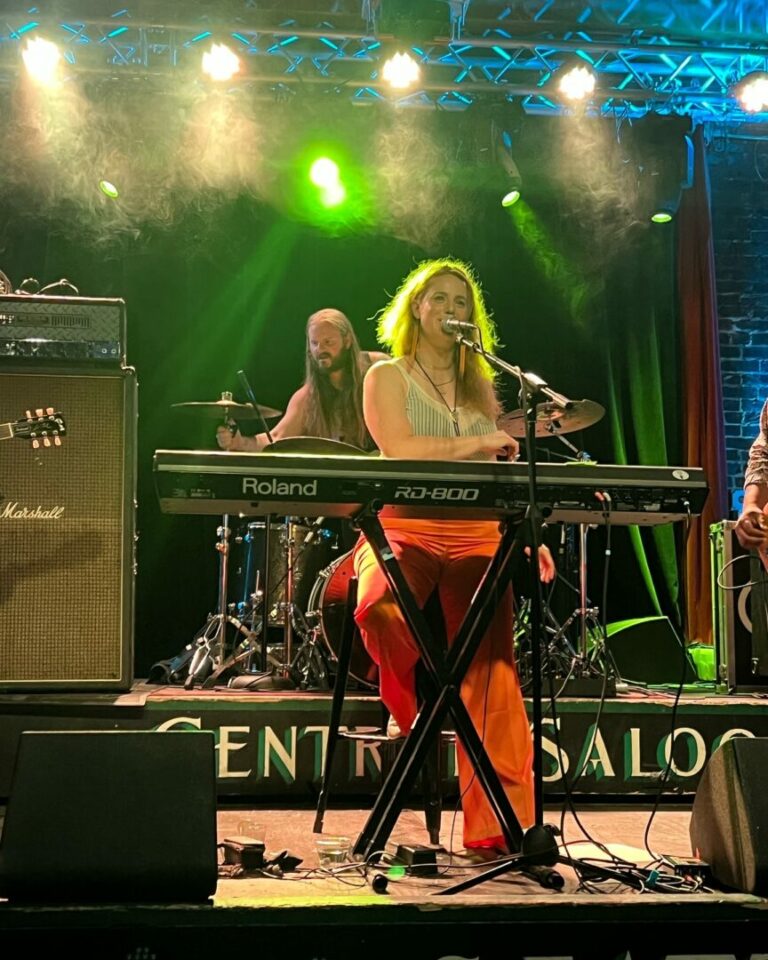
This is a great question because I don’t know if a lot of artists are honest with each other about this subject. It’s kind of a “fake it till you feel it” situation.
From my experience, and from what I’ve heard from others, it never truly is overcome or goes away completely. It’s like your dark friend who you learn to embrace and bring along with you to every event. Sometimes she’s loud, sometimes she’s not, but she never really goes away.
So far the best process I’ve come up with is to look at myself in the mirror and give myself some grace and credit. I look myself right in the eye and say “This is your life. Read more>>
Ami Mcmullen
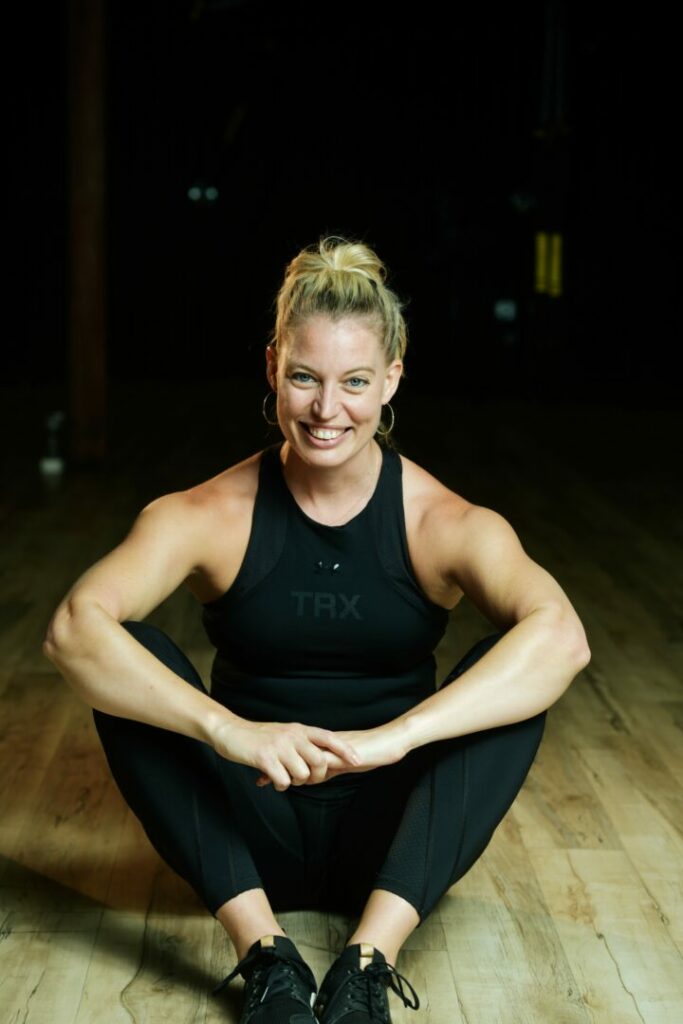
I think all of us experience imposter syndrome at some point in our journey, no matter what field we’re in. I imagine for most people, like me, it’s usually in the beginning of their careers… or in the beginning of the next level of growth. The way I’ve always dealt with it is learning something new to make sure I stay ahead of the people I’m training, coaching, or speaking to. Read more>>
Meghan Eremeyeff
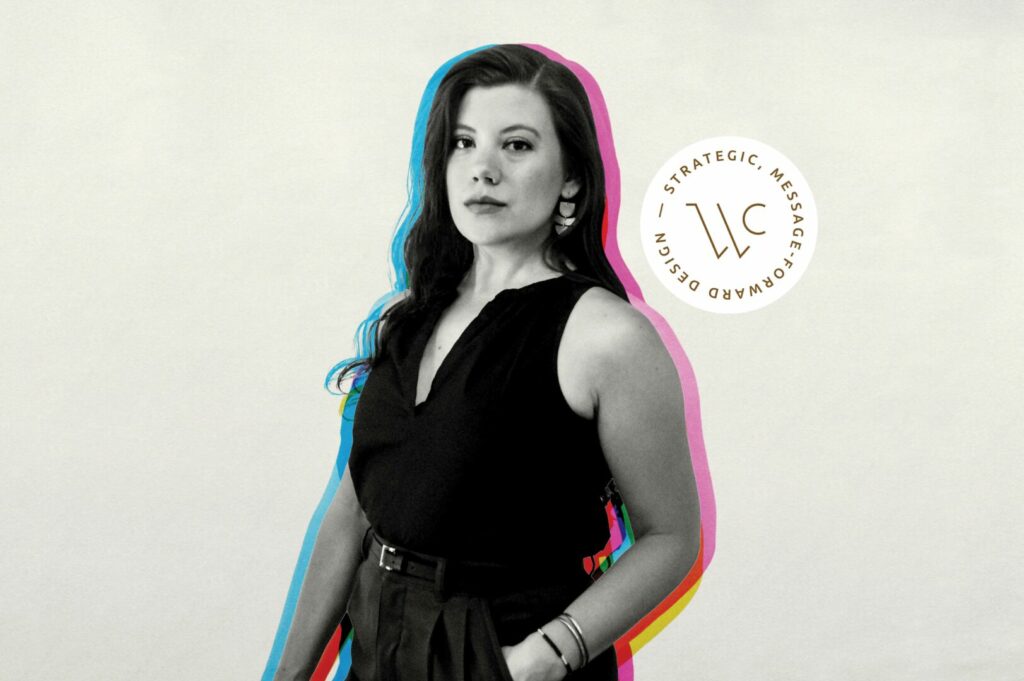
I was fortunate to start freelancing at a young age, so I already had experience with client communication, setting boundaries, and structuring proofs by the time I graduated with my design degree. As a result, when I landed my first in-house job, I felt confident that I could manage my projects effectively — something that can be a major hurdle for new designers. Yet even with that experience, the role felt quite intimidating. Not only did I have to design quickly, but my clients were primarily couples ordering custom artwork for their wedding stationery. Everything I designed had to be meaningful and capture the story of people I had just met! They weren’t just looking for a beautiful invitation; they wanted a keepsake. Read more>>
Guillem Font
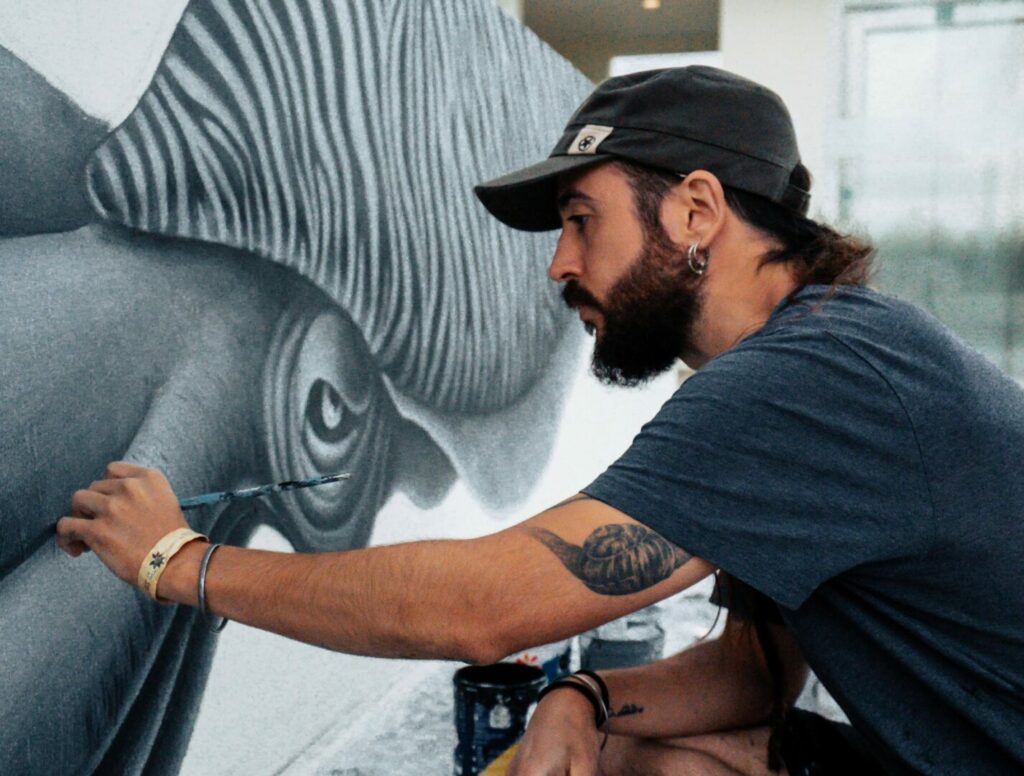
Imposter syndrome is something that has always haunted me. You start painting freely when you are a child, but as you grow up and especially when you decide to enter the professional world, that’s when you get that feeling that you don’t know enough to be offering something that is really good. Read more>>
Brendan Mcgowan
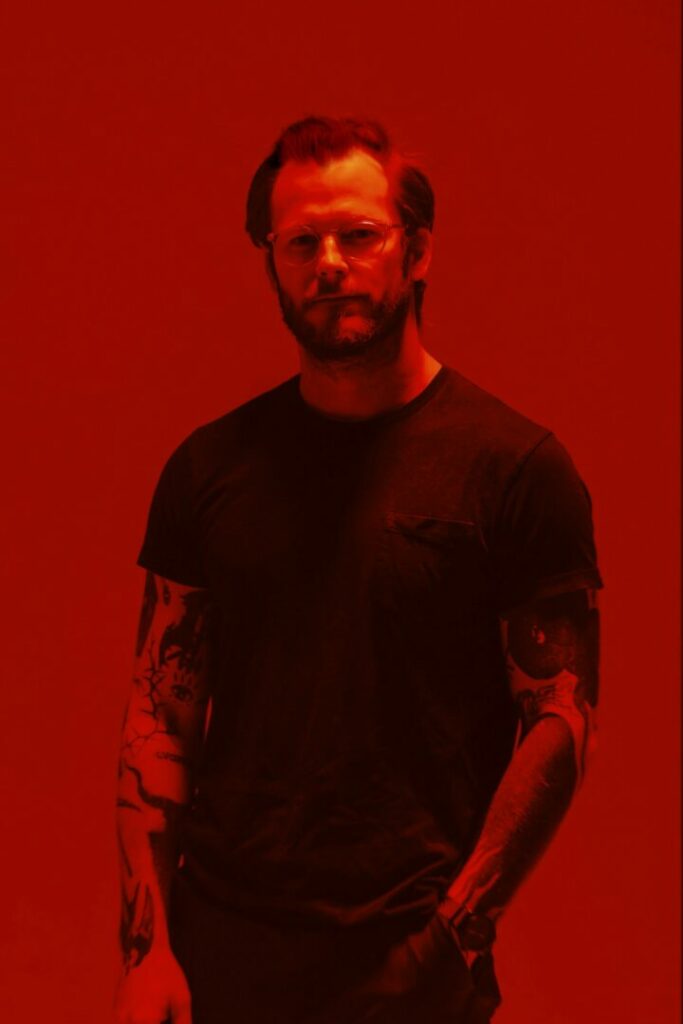
If I’d succumbed to imposter syndrome I’d be nowhere. Every venture I set out on – whether it’s cinematography or tattooing or playing music – is born from a desire to enjoy the process of creating, and an essential part of every process is learning. I continuously experience imposter syndrome still but I see it as a sign that I’ve leveled up. I got my degree in acting from CalArts, which is something I rarely implement, so all of my work across mediums is completely self-taught and learned out of necessity and drive. Read more>>
Kari Jackson
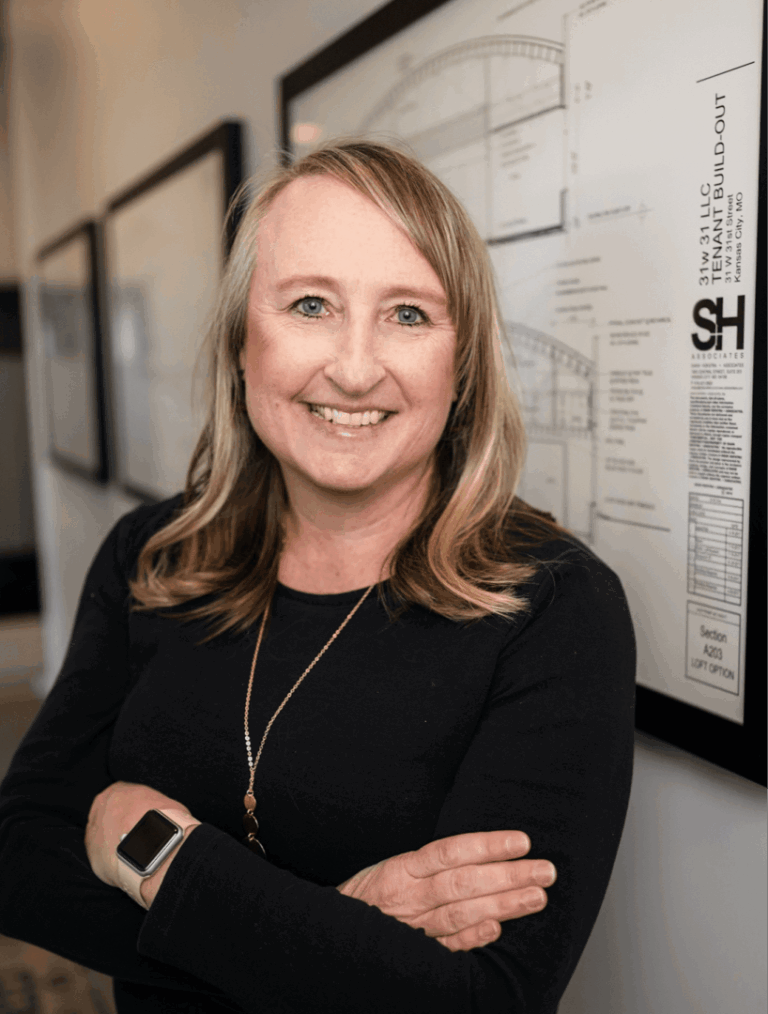
Making big changes is never an easy path. I have always been one to have big dreams and constant thoughts/questions geared towards making a living doing something I truly have a passion for. I’d told many people over the years that I wanted to have my own business, with the sole purpose of handling the overflow of tasks and responsibilities others lay awake worrying about at night. I am a “server” by nature… and I am also an intuitive problem solver; my “wheels” are always turning. Read more>>
Geneva Faye

I watched an interview with America Ferrera where she challenged the idea of imposter syndrome and it shifted my perception of it. She says that what is deemed a syndrome, a problem that I have, is not a problem at all – it’s an appropriate response in spaces where I have historically not been included in or invited to. Things are changing now, and spaces I haven’t been allowed in might be opening their doors, but it’s not MY problem that I feel like an imposter. It’s the environment that still makes me feel like despite all the work I’ve done, I am still an outsider and I’m lucky to be there. Read more>>
Ryan Watts

Imposter syndrome is something I still wrestle with, and I think many business owners would say the same. You cannot fully overcome it; self-doubt is a normal human emotion. What’s important is learning to recognize and manage it. It’s about identifying the signs of imposter syndrome and mentally coaching myself through the emotion. When those feelings arise, I find it helpful to step back and reflect on what I’ve achieved and how far I’ve come, both professionally and personally. It’s easy to get caught up in thoughts like, “I don’t deserve to be here,” or “I have no idea what I’m doing,” or “Everyone thinks I’m a fraud.” But those are just tricks that your mind is playing on you. Managing those thoughts and reassuring yourself that you’re capable is crucial in managing imposter syndrome. Read more>>
Jill Case
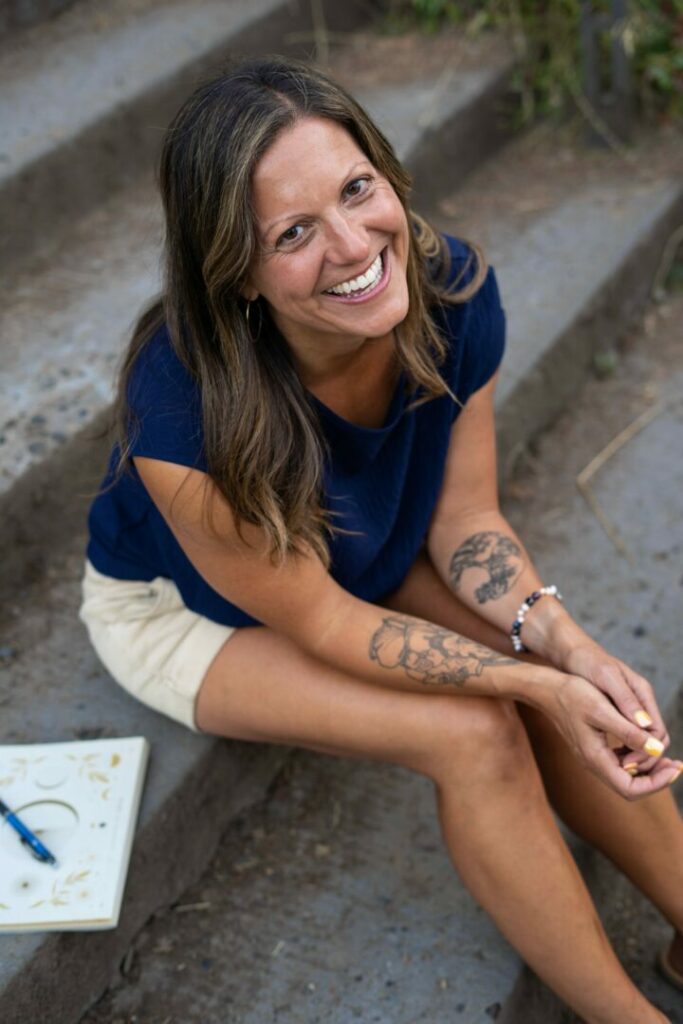
I discovered that my life experience was the most relevant and impactful curriculum I could ever study and it has earned me a phD in my own experiences and discoveries. The more I lean into what life is offering me the more it delivers exactly what I need to learn to continue to develop myself and learn more about who I am and what lights me up. Read more>>
Nancy Nguyen
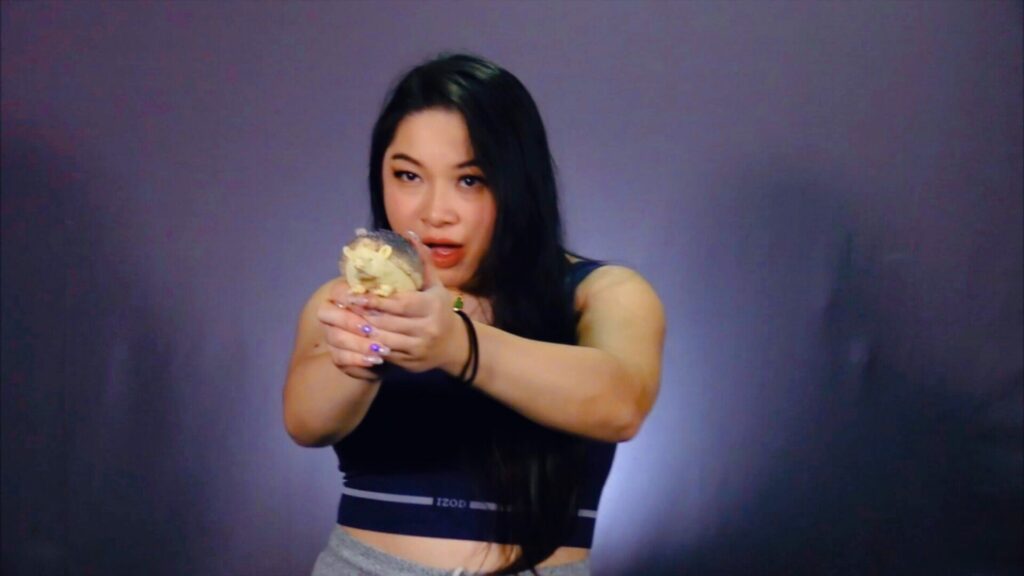
I don’t think I will ever overcome imposter syndrome because I feel like I will forever be in the process of learning and growing. I think the best way to combat it is to do it scared. Feel the fear, insecurity, doubt, and do it anyway. The only way to get rid of your fears is to do. If you don’t, you never will. If you wait for the perfect timing, that time may never come. Do it today. Read more>>
Jenny De Leon
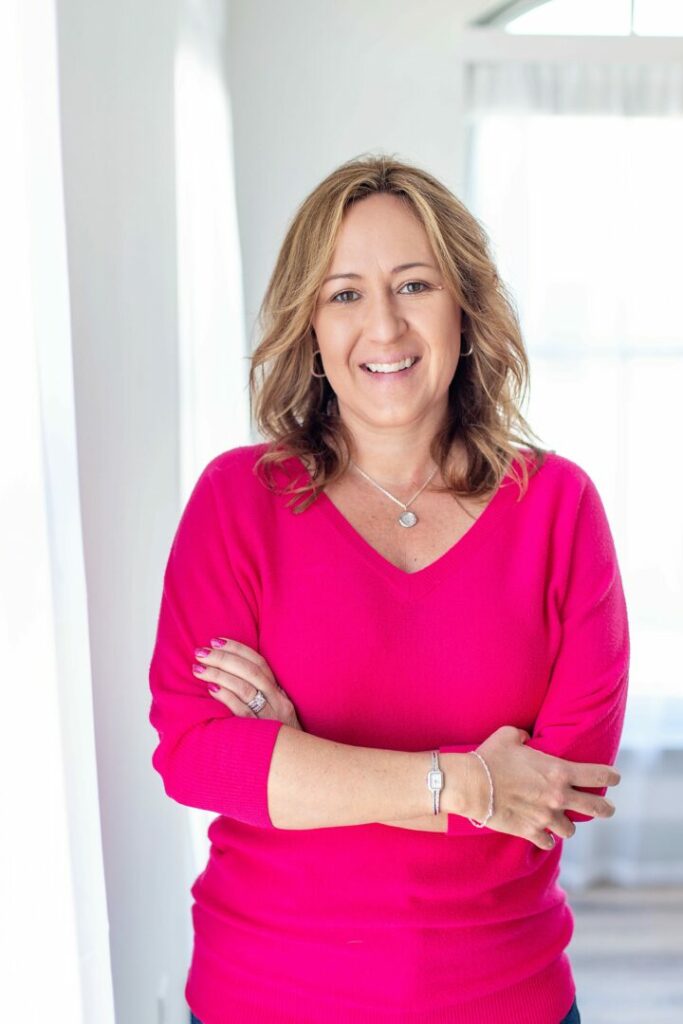
I don’t know if this is something we ever overcome, but I do think this is something we can learn from and begin to understand about ourselves. And it’s also something we don’t have to listen to. One of the biggest surprises for me on my journey to understanding more about myself and my thoughts was that I don’t have to believe everything I think! For me, imposter syndrome shows up with thoughts like “you don’t belong here” or “you’re never going to be able to do this” etc. When I hear those thoughts, I know that’s my fears kicking in and I’ve learned over time to move forward anyway, even if I’m afraid. Read more>>
Christopher Higgins
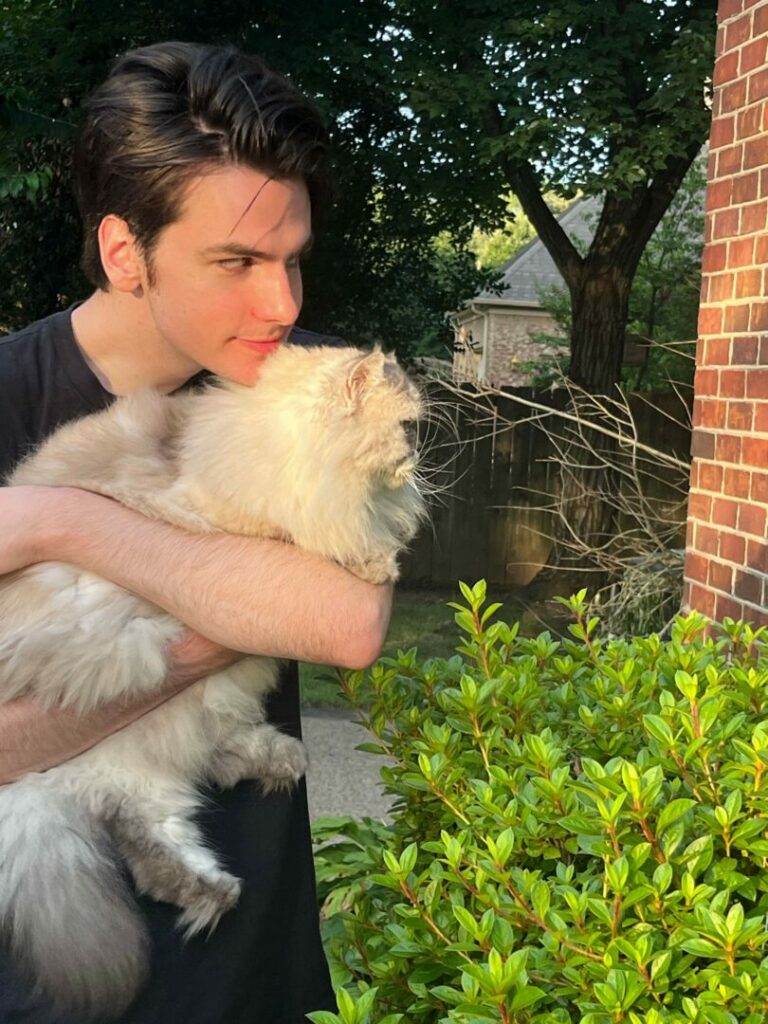
Imposter syndrome is a natural progression in an artists life, and should be embraced at all costs. The moment one finds themselves feeling comfortable, they should thrust themselves out of it. Pain often precedes pleasure, for better or worse. My recommendation is to embrace the discomfort and find meaning in it. Use this then, to fuel your work. Read more>>
Josie Zlobin
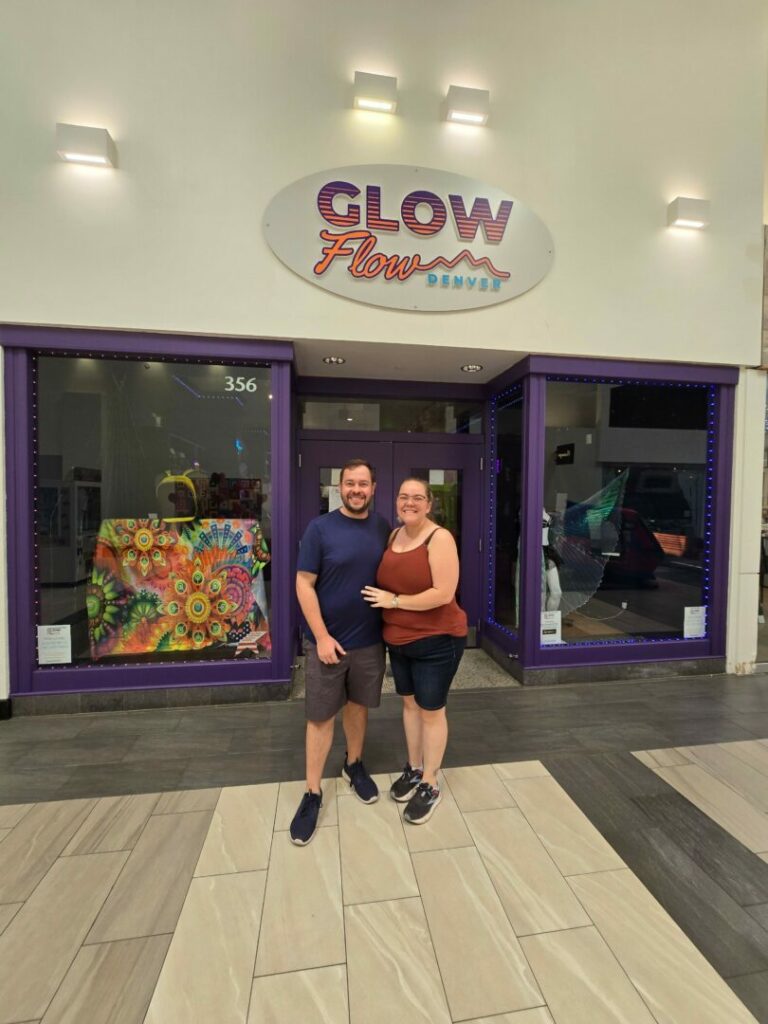
Years ago in college, I had an English teacher have us watch the TED Talk by Amy Cuddy called “Fake it Till You Make it.” Shortly after watching it I interviewed for my first Supervisor position at work and nailed it using her techniques. Now, almost 10 years later I refer to that video when imposter syndrome starts to sneak up on me. Read more>>
Wesley Pierre
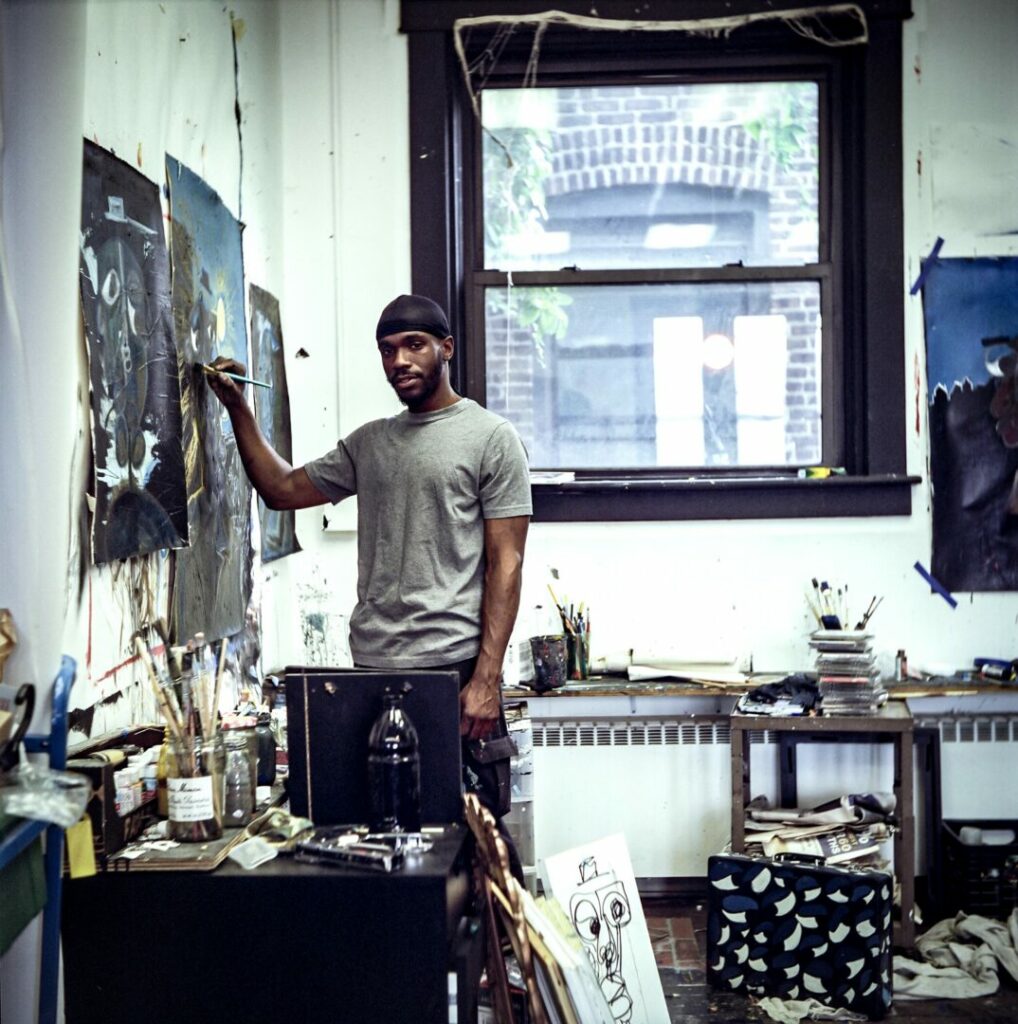
Believing you’re deserving of something good can sometimes feel odd. Imposter syndrome often comes with feelings of inadequacy and a need for validation of belonging in a space, or believing you’re good enough to fill a role. Read more>>
Samantha Ward

In such a saturated market you learn that everyone Professionally you know deals with imposter syndrome. Did I over come it? To be honest I continuously overcome it. Its not something id necessarily would say would get cured from but learn to manage life with imposter syndrome. Read more>>
Brian Kruzan
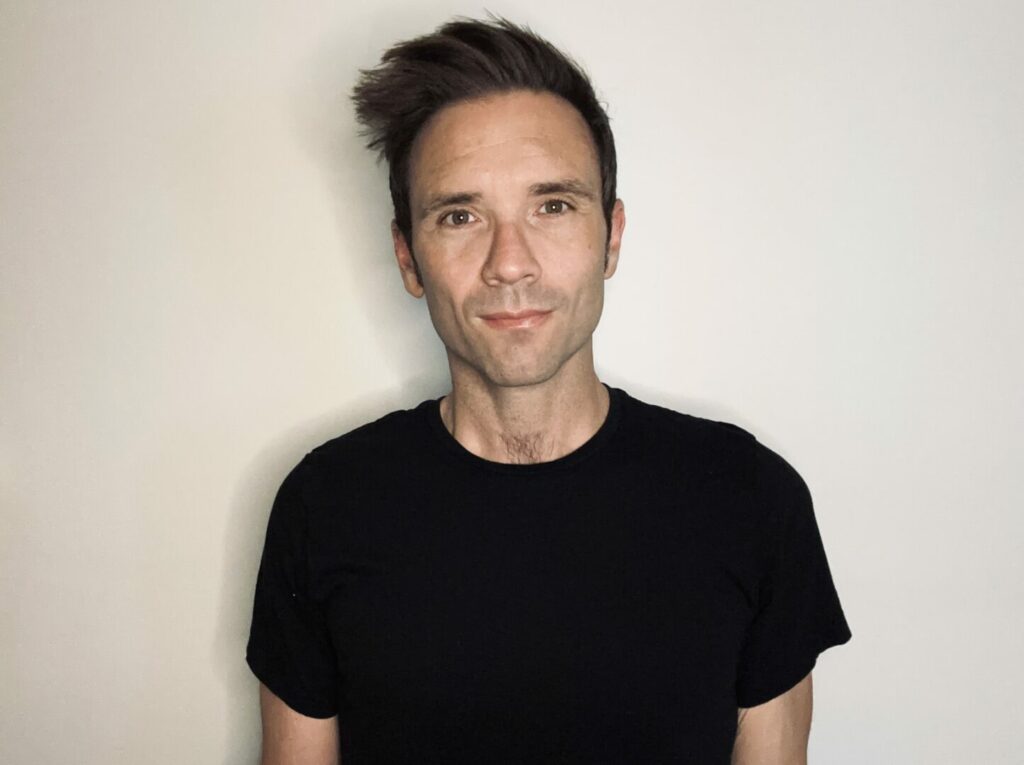
I have imposter syndrome just answering this question! Collaboration, whether in a corporate or artistic environment, has been instrumental in helping me combat imposter syndrome. When I was younger, I used to put people on pedestals. I believed there were certain people who just “had it together” and knew all the answers. As I’ve gotten older, I’ve had the privilege of being in rooms with leaders, executives, and creators who didn’t know everything and relied on others for guidance and decision-making. Read more>>
Vinny Picardi
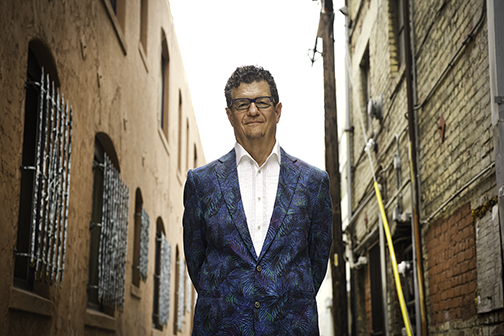
Our band, the Jazz Baker Band, didn’t want to follow the trend of too many Jazz Bands. Specifically, performing the familiar songs audiences and venues expect just to get the gig.
Once we got our footing we immediately sought out music and stylings that separated us from the crowd.
Naturally a part of our repertoire are some jazz standards. But even then we have mix it up. Sometimes we inject Latin rhythms or find a version seldom heard. Read more>>
Savannah & Greg Herr

Imposter syndrome is definitely something we still deal with. It’s not something that just disappears, especially in a creative field like ours where we’re constantly pushing ourselves to improve. But in a way, we see a level of it as a positive thing—it keeps us motivated to do our best work and to always look for ways to grow. Read more>>
Kai Calhoun
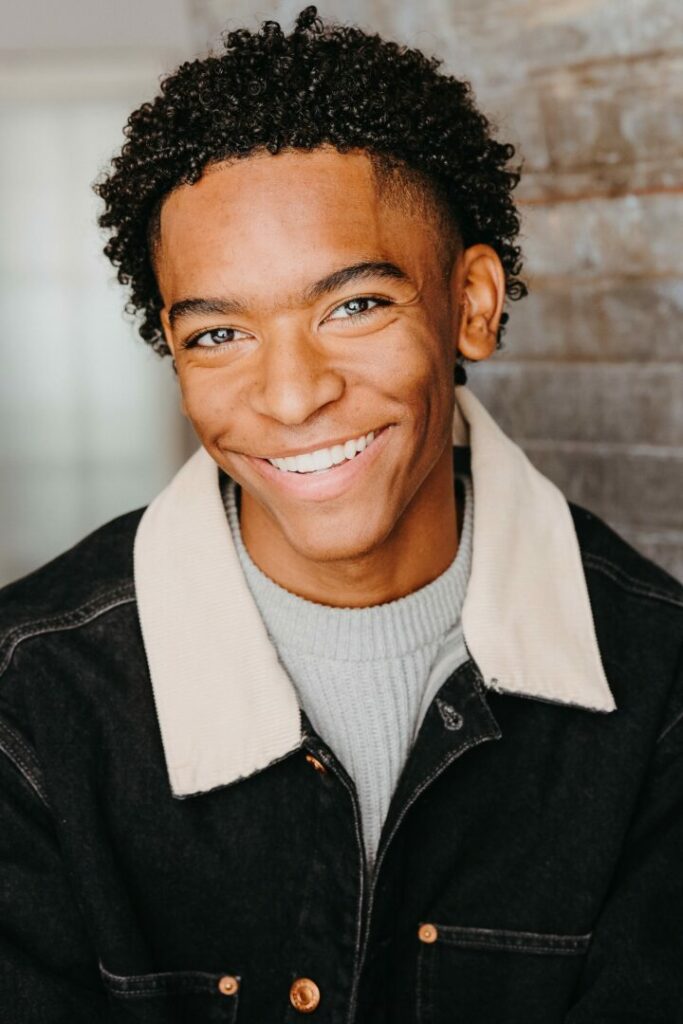
Honestly I’m just now starting to overcome imposter syndrome. I think because I’m working in professional environments and I’m often the youngest in the room it can kind of feel like you don’t belong. I realized this idea that “I didn’t belong” wasn’t true and learned to be open to collaboration. I discovered that if you approach a project with good energy and the ability to collaborate, most times others will reciprocate that energy. Read more>>
Lindsay Reiten
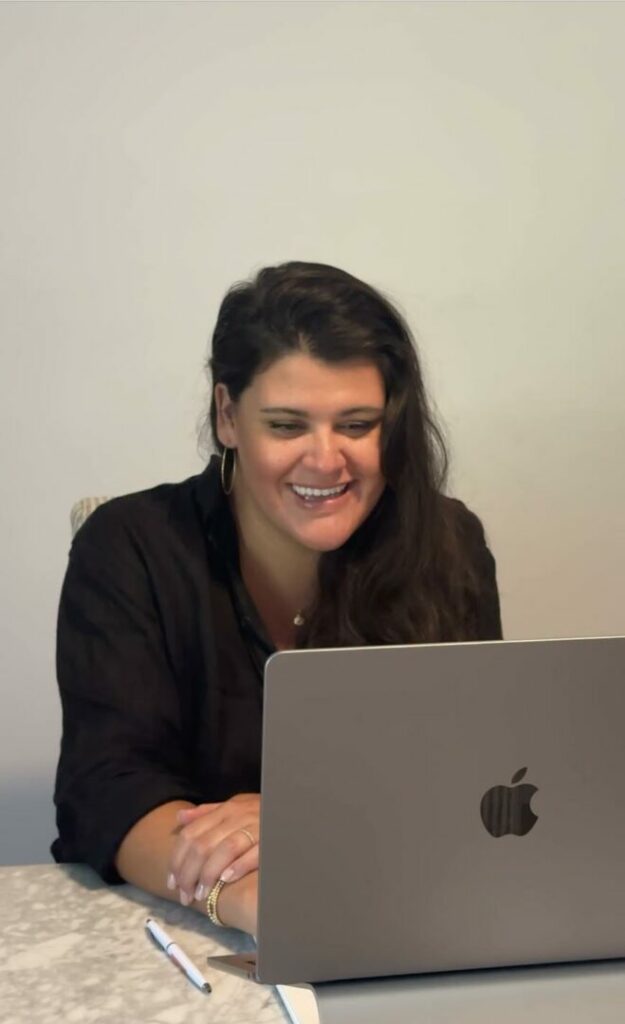
There is so much to say about imposter syndrome but I will start with this. I think it’s important to first normalize this thought and the feelings associated with it. No matter where you are at in your journey, either well established or just starting to pursue your calling, imposter syndrome is a universal experience. I can almost guarantee even the most “successful” of people have walked through imposter syndrome, so let’s normalize it. Read more>>
Madi Menendez

I didn’t find myself grappling with imposter syndrome until I was 19 and in college for music. I suddenly began to question if my music had a place amongst so many talented people. I started writing music when I was 11 years old and started playing guitar at 13; being a musician had been a huge part of my own identity for most of my life. But when college started in 2019, I was introduced to how faceted the music industry was, how being a musician could look very different person to person and what the expectations were for those pursuing a professional music career. I was fearful I wouldn’t be able to keep up. Read more>>
Chelsea Humphreys

GOTCHA—still have it, lol! Imposter syndrome isn’t something you “get over” like a cold. It’s more like a shadow that follows you around when you’re stepping outside your comfort zone. For me, it’s not about pretending it doesn’t exist, but recognizing it for what it is—a sign that I’m growing and challenging myself. Read more>>
Courtney Larvadain
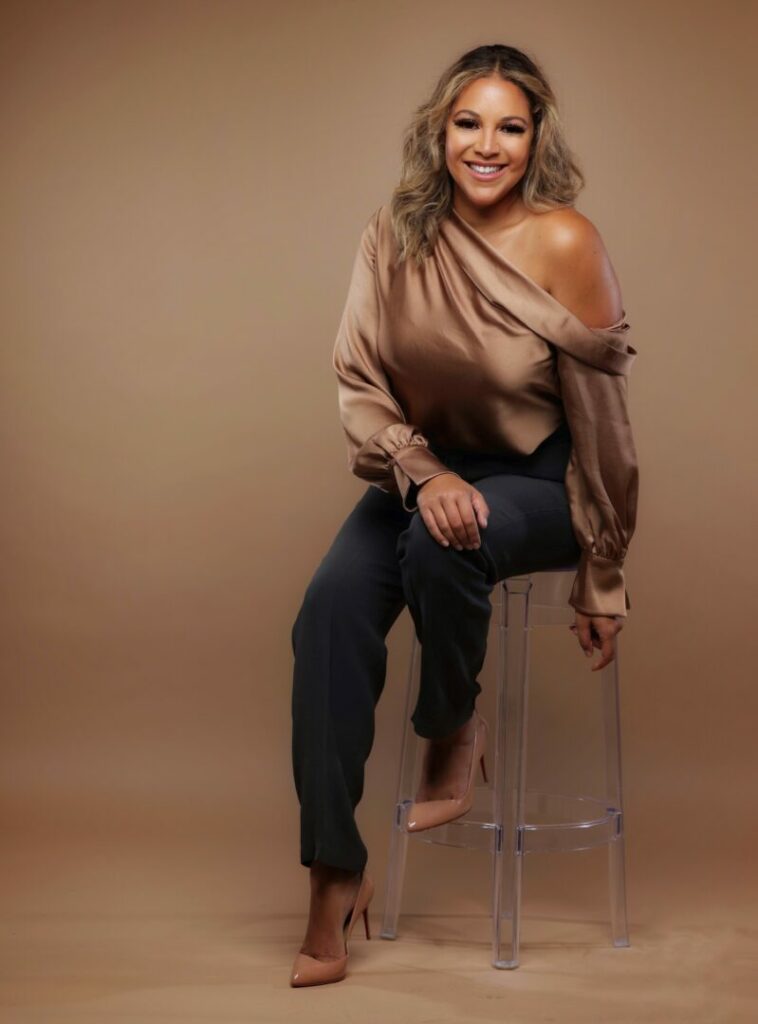
I was reflecting on this just today. Ironically, I overcame imposter syndrome when I embraced the idea of being a lifelong learner. Instead of feeling like I didn’t belong or fearing that I might be ‘found out,’ I shifted my mindset. I stopped seeing my gaps in knowledge as weaknesses and started viewing them as opportunities. Now, I feel proud of what I’ve already achieved and excited to learn from others and expand my expertise. It’s this mindset of continuous growth that helps me step into new spaces with confidence. Read more>>
Holly Meyers
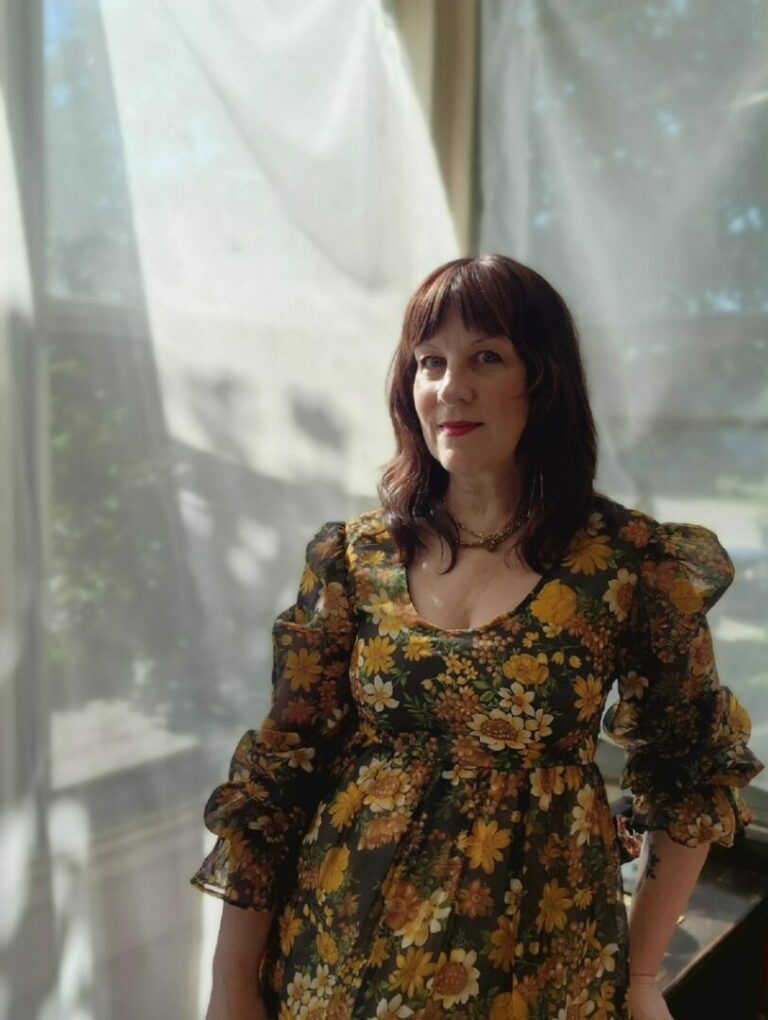
Isn’t this the hardest and easiest question to answer ? Overcoming Imposter syndrome. Feeling like you don’t belong. I think I haven’t overcome it, I feel I’ve learned to live with it and walk through it. That feeling like I don’t belong. I think something that was hard became a gift. I moved alot , raising children as a single mom with income restrictions gave me the lack of freedoms to be social or do things others do freely with 2 incomes or free time or people helping them so they can do all the things they want or need. Read more>>
Monaya Cleveland
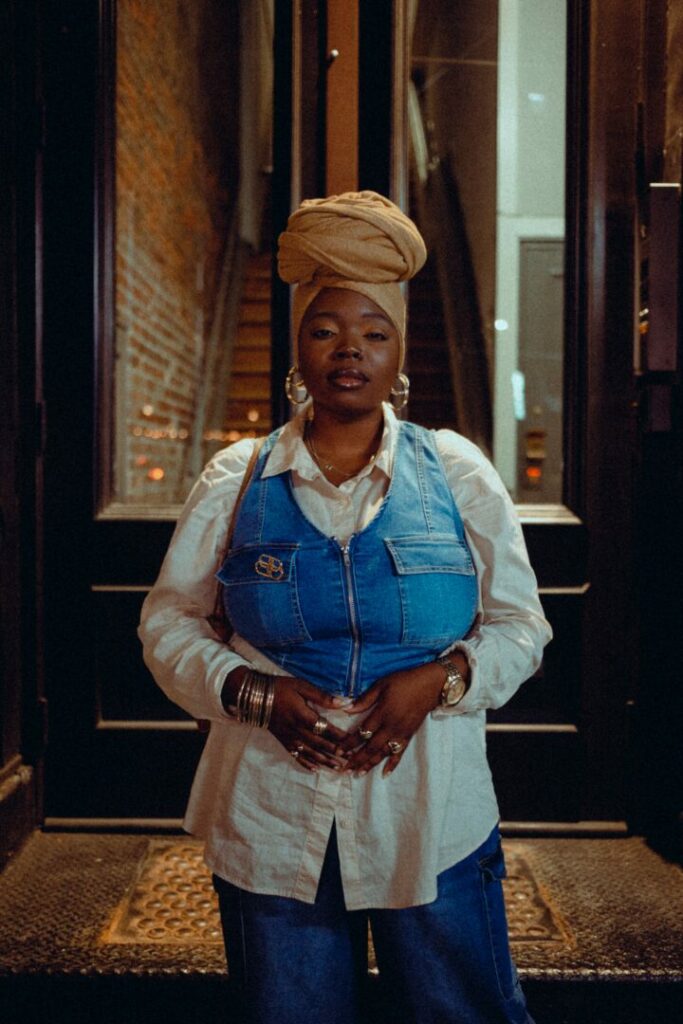
One of the best ways I’ve learned to overcome imposter syndrome is by remembering something my best friend told me years ago: “God can’t bless who you pretend to be.” That really stuck with me because it’s true—real blessings don’t come from trying to be someone you’re not, they come when you’re true to yourself. This reminder has helped me let go of the pressure to meet other people’s expectations and just focus on showing up as my authentic self. When I stopped pretending, I realized that being genuine is what opens doors and attracts the right opportunities. Read more>>
Krissan Pattugalan

I don’t think I’ve overcome imposter syndrome in the past tense. But, I have to actively overcome imposter syndrome everyday. And, for that I use a few methods. The first being, that I have to remember to embrace other peoples mistakes and shortcomings. Instead of despising, judging or teasing people who make mistakes, I try to see the positive things that those mistakes achieved, the doors that the mistakes have opened. This makes me more accepting of my own faults, and helps me find comfort in being the imperfect person for the job. Second, I starting saying “I don’t know” much more frequently. This frees me from feeling like I have to pretend like I know all the answers, all the time. Read more>>
Vivian Zhang

Imposter syndrome. When I first heard these words, I was like “that’s me!” It is this feeling internally where I to doubted my own abilities and the expectation that at any moment, someone would find out that I was a fraud and completely incapable. To be quite honest, I don’t believe we actually overcome imposter syndrome, because at it’s core it is a symptom of self-doubt. We tend to doubt ourselves when we form our idea of who we are based on external factors such as others’ opinions of us or what we believe society expects us to be; we never truly feel “right” being who we are. So, what I am proposing is this instead: rather than overcoming imposter syndrome, I think the path is to embrace imposter syndrome. Read more>>
Renato Aruffo De Oliveira

Overcoming imposter syndrome is a gradual process that requires consistent effort. I often compare it to training a muscle – you have to practice pushing back against those negative thoughts to grow stronger over time. Putting yourself down doesn’t benefit you; instead, building the discipline to keep creating, even when you feel uncertain, can make all the difference. It’s not about ignoring self-doubt but learning to move forward despite it. Read more>>
Kenny Le
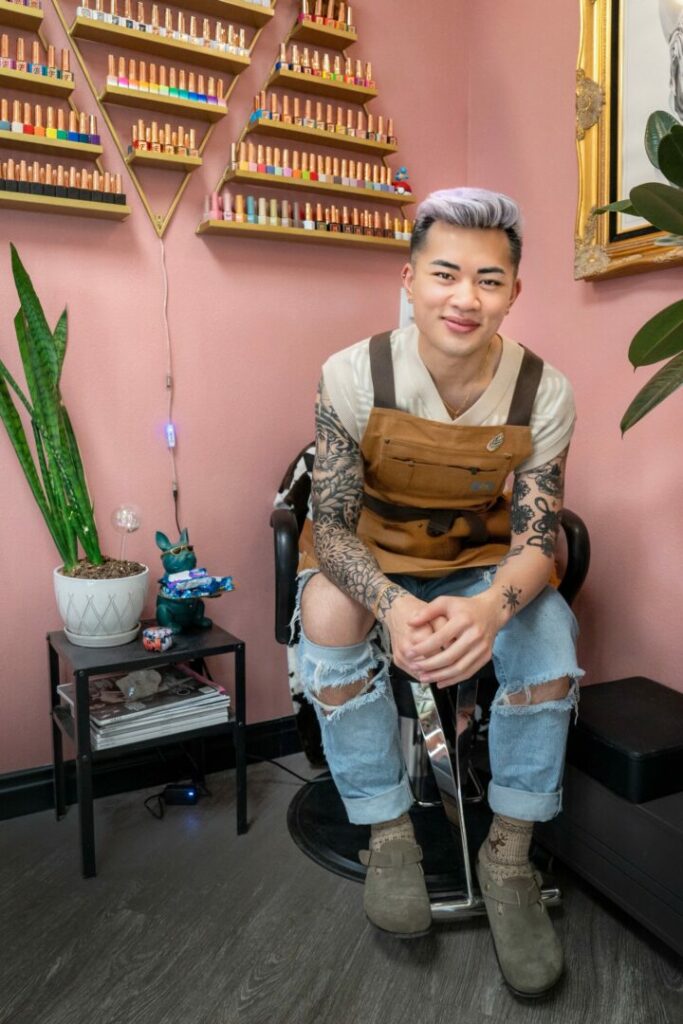
As a nail artist, I’ve dealt with impostor syndrome. Even though I’ve worked hard and finally gotten some recognition in my community, I still have moments where I doubt myself. Clients are excited to book appointments weeks in advance, but when I’m under pressure to create a perfect manicure for a client or when I get some tough feedback, those self-doubts come back, “What if they find out I’m not as good as they think?” I’ve learned to accept these feelings as part of the process! I try to channel my insecurities into my work, and use them to spark my creativity. Every time I finish a stunning set of nails, I remind myself of my skills and turn those doubts into chances to grow, showing myself and my clients that even the best artists can feel uncertain sometimes. Read more>>
Evey Yu

I’ve worked on overcoming imposter syndrome by surrounding myself with positive, supportive people, analyzing both my strengths and weaknesses to truly understand myself, and deconstructing my own pride. It’s been a long journey to reach the confidence I have today. Imposter syndrome has always been a part of my experience, and while I’ve made progress, I don’t think I’ve completely overcome it yet. I still have a long way to go, but I believe I’m on the right path. Read more>>
Kaitlyn Caramela
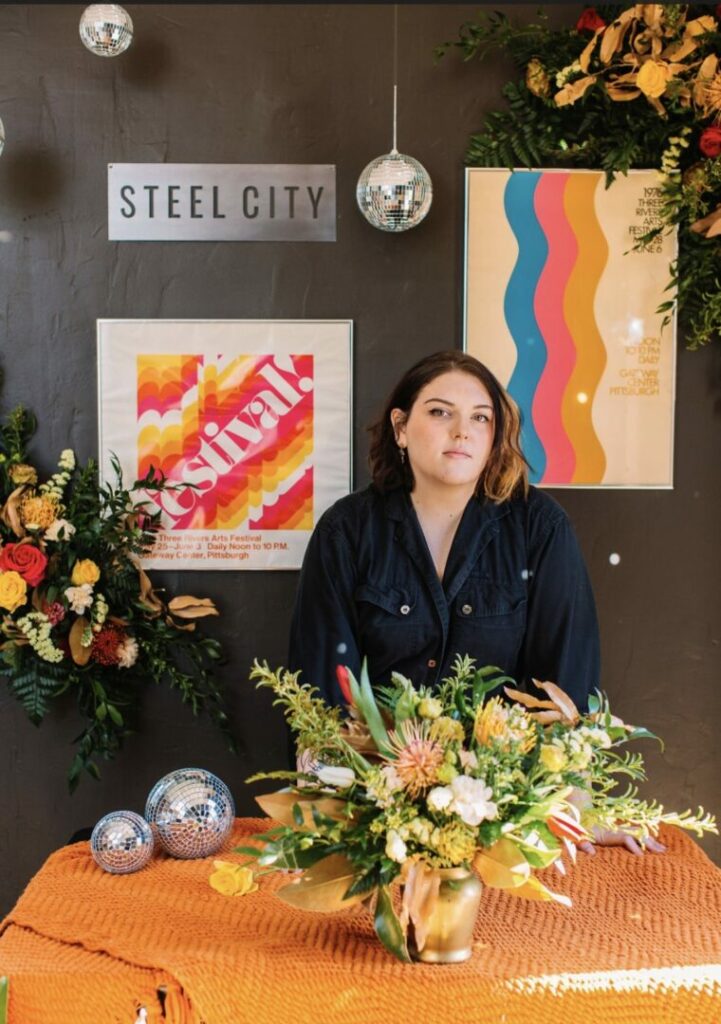
I walked into the classroom early one April Morning in 2019. I have been in this classroom many times before but as a student, or as a guest speaker, this time, I was walking in as the teacher.
Freshly 22, I had been working a monotonous office job, the typical 9-5 you see on TV, boring grey office working with people who could be my parents or grandparents, and I sat in front of a computer all day. I really can’t complain about it too much, it provided me with a stable schedule, comfortable income, and enough money to move away from my abusive ex partner. I truly saw myself having a career at this company and this being my life. Read more>>
Allan Campbell
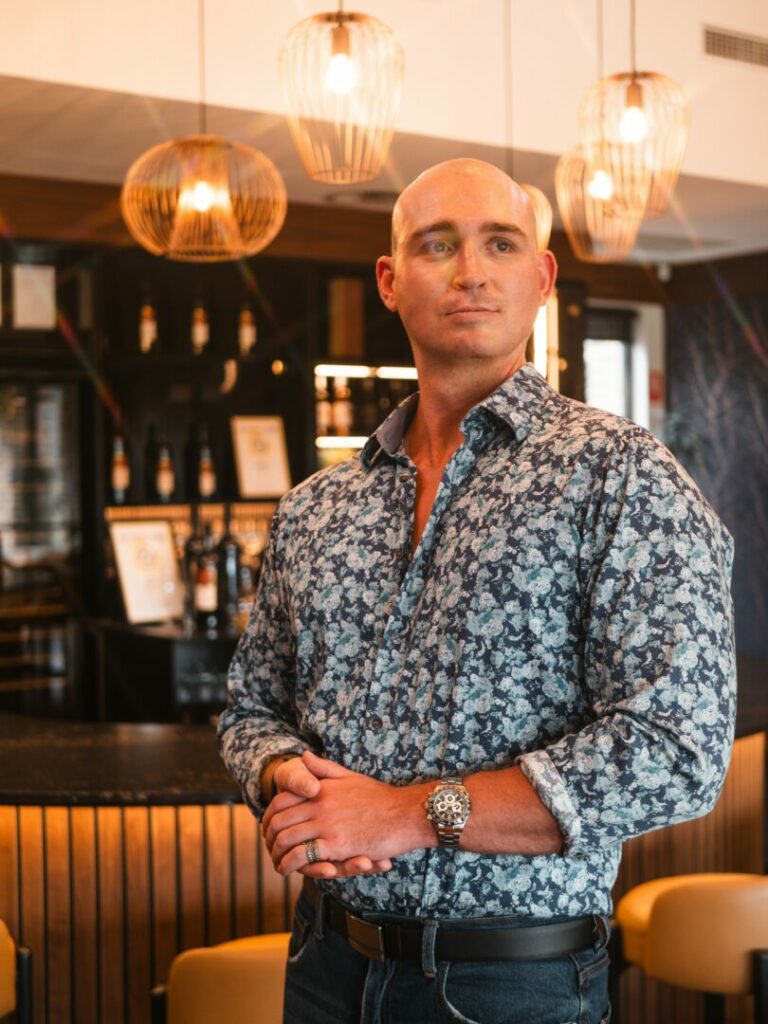
While it’s unlikely that any of us completely conquer impostor syndrome, I’ve found that working diligently on myself and my physical health has been instrumental in mitigating those feelings of inadequacy. When I was younger, even the simplest tasks, like going to the gym or being around confident people, triggered impostor syndrome.
As I matured and moved away from my hometown, I made a conscious effort to transform into the person I aspired to be. Through dedicated self-improvement, I’ve gained confidence and a sense of belonging, even in challenging situations or when surrounded by extraordinary individuals. Read more>>
Taivy Lapalmer

I got tired of sabotaging myself and then watching time go by as i didn’t achieve the things that I wanted. Imposter syndrome has impacted many chapters of life and stunted my progress as a college student and now as a young adult. Whenever i had an idea to pursue a project or make a decision in my career i would hold myself back. Why me? Why do I deserve this? Someone else is already doing this so it’s too late for me etc. Read more>>
Jonathan Duran
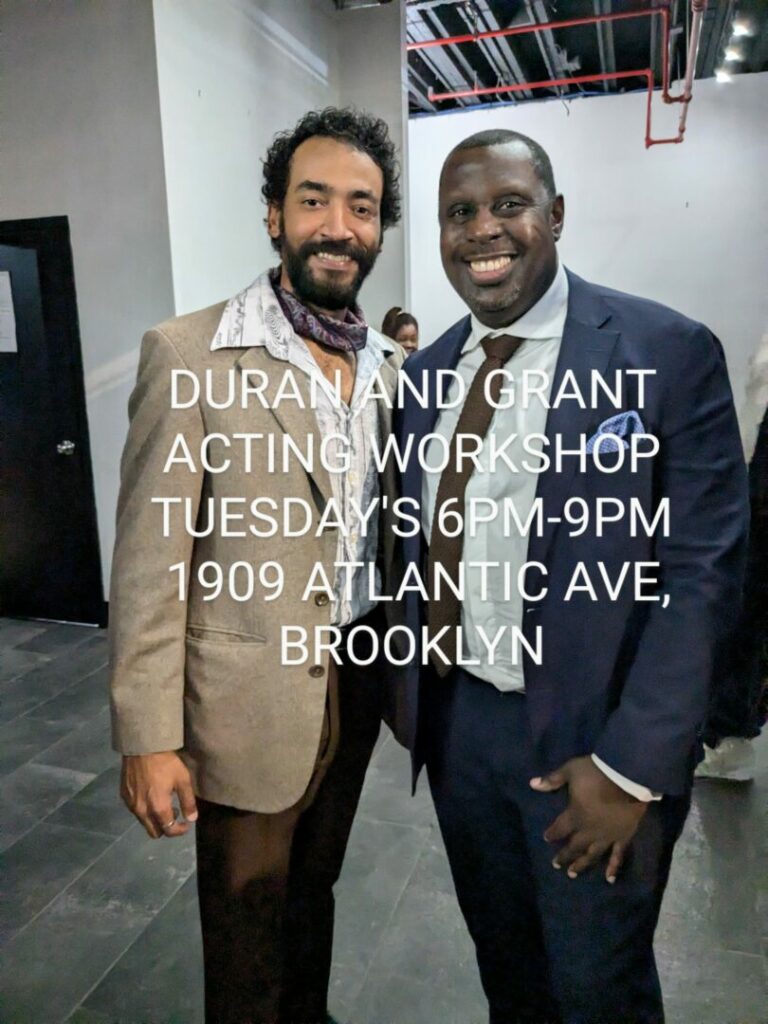
When I was younger, My mother always found a reason to say to me: “Don’t ever let anyone influence you.” I always felt that she was reacting as if I joined a gang or something but as I got older, and started seeing that no one actually knows what’s going on, I realized that it would be in my best interest to not be influenced by anybody (thank you mom). That was the foundation of my true identity, the beginning of my journey. I went backwards, starting with my American identity. I read all the Hemingway I could get my hands on. Read more>>
Teanna Dosch

It’s taken me a long time to call myself an artist and believe it. Imposter syndrome is tricky and in my experience usually comes from comparing yourself to others or thinking you have to be a certain thing or do something a certain way. I’ve spent my adult life being a teacher, and still am, but that was how I viewed myself. Being an artist has only recently become part of who I am and what I do, or at least I’ve only recently started embracing this. My business started out of a hobby that I never intended to turn into more. The whole purpose was to give me something to do that wasn’t teaching and its was just for myself. Read more>>
Brandon Mullen

As someone who’s navigated various roles in the healthcare industry, from critical care nursing to aesthetic practice management and consulting, I’ve certainly encountered my fair share of imposter syndrome. Overcoming these nagging feelings of self-doubt has been a journey, but I’ve developed strategies that have helped me along the way. Read more>>
Jasmine Dos Santos

In complete honesty, I didn’t! I still feel like an imposter sometimes. The way I overcome feeling like an imposter when it comes to being a creative is to constantly remind myself that I am capable and that it’s okay to not always know what you’re doing. As long as I feel like I am putting effort into my work and I love what I do, then I could never be an imposter as a creative. Read more>>









